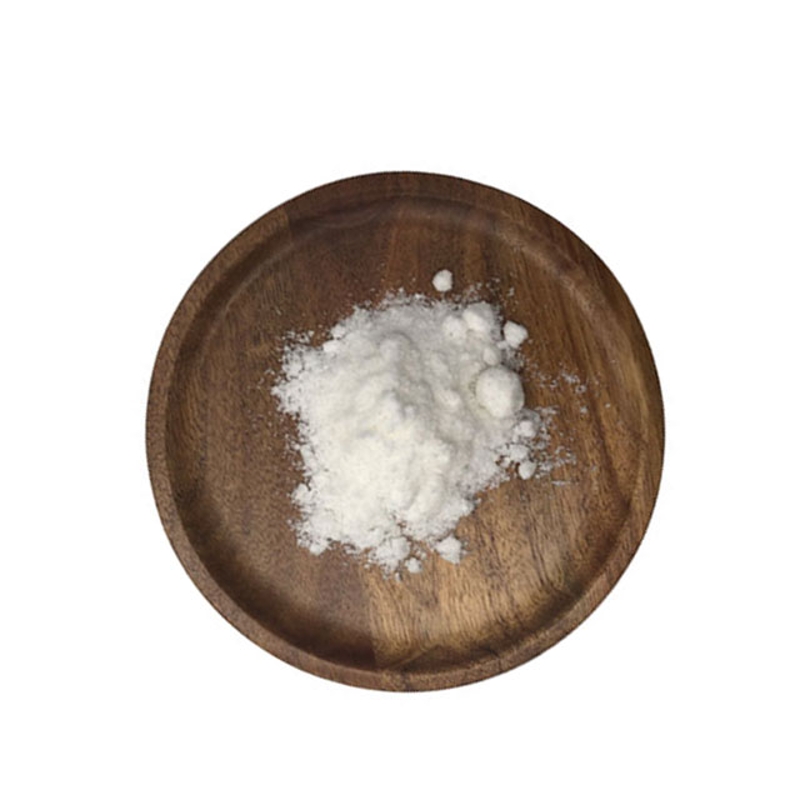-
Categories
-
Pharmaceutical Intermediates
-
Active Pharmaceutical Ingredients
-
Food Additives
- Industrial Coatings
- Agrochemicals
- Dyes and Pigments
- Surfactant
- Flavors and Fragrances
- Chemical Reagents
- Catalyst and Auxiliary
- Natural Products
- Inorganic Chemistry
-
Organic Chemistry
-
Biochemical Engineering
- Analytical Chemistry
- Cosmetic Ingredient
-
Pharmaceutical Intermediates
Promotion
ECHEMI Mall
Wholesale
Weekly Price
Exhibition
News
-
Trade Service
Written | Edited by Wang Cong | Typesetting by Wang Duoyu | Shui Chengwen Several neurological diseases, including autism (ASD) and schizophrenia, are associated with an essential gene in brain development-TCF4 (transcription factor 4) related to mutation
.
Transcription factors are responsible for regulating the expression and shutting down of other genes, so mutations in transcription factor genes can have a domino effect on the developing embryo
.
But little is known about the effects of TCF4 mutations on the brain
.
Recently, researchers at the University of California, San Diego published a research paper titled: Transcription Factor 4 loss-of-function is associated with deficits in progenitor proliferation and cortical neuron content in Nature Communications, a sub-journal of Nature
.
The study uses human brain organoids to reveal how autism-related gene mutations disrupt neurodevelopment, and restore related gene functions through gene therapy, effectively saving previously destroyed neural structure and function
.
To study the impact of TCF4 gene mutations on brain development, the research team focused on Pitt-Hopkins syndrome, a form of autism caused by mutations in the TCF4 gene, in children with severe cognitive and motor impairments
.
But existing mouse models of Pitt-Hopkins syndrome cannot accurately mimic the neurological characteristics of patients
.
The UC San Diego research team decided to create a human model of the disease.
Using artificial induced stem cell technology, they artificially induced skin cells from patients into stem cells, which were then grown into 3D brain organoids, which were compared with brain-like cells derived from normal cells.
organs for comparison
.
Corresponding author of the study, Professor Alysson Muotri, said that even without a microscope, it was easy to tell which brain organoids had the TCF4 gene mutation, which was much smaller than normal brain organoids
.
And many of these cells are not actually neurons, but neural progenitors
.
These cells were supposed to divide and mature into neurons, but in brain organoids with mutations in the TCF4 gene, this process went awry
.
Further experiments showed that mutations in the TCF4 gene lead to dysregulation of the downstream SOX gene and the Wnt pathway, two important molecular signals that direct embryonic cells to divide, proliferate, mature into neurons, and migrate to their correct locations in the brain
.
As a result of this dysregulation, neural progenitor cells cannot divide and proliferate efficiently, so fewer neurons in the cerebral cortex are produced, which also leads to structural damage and abnormal neural activity in brain organoids, which can lead to impaired cognitive and motor function
.
Based on these findings, the research team attempted gene therapy on brain organoids with mutations in the TCF4 gene
.
First, the research team used CRISPR-mediated transcriptional activation to activate TCF4 gene expression
.
And the direct use of adeno-associated virus (AAV) vector or lentivirus (Lentivirus) vector to deliver TCF4 gene to achieve overexpression
.
Both approaches were effective in increasing TCF4 expression levels and reversing the phenotype of TCF4 mutant brain organoids at the molecular, cellular, and electrophysiological levels
.
This suggests that repairing TCF4 expression levels can rebuild the nervous system and achieve functional therapeutic effects
.
According to Professor Alysson Muotri, the corresponding author of the study, these studies and treatments are carried out at the organoid level, which corresponds to the prenatal stage of brain development, whereas in the clinic, children are often diagnosed and treated after birth
.
He also said that for these children and their families, any treatment that can improve cognitive and motor function and quality of life is worth trying, but further confirmation is needed to confirm whether these treatments are equally effective in children who have been born.
for further clinical trials
.
Currently, the team is optimizing gene therapy tools in preparation for clinical trials
.
Audrey Davidow, president of the Pitt-Hopkins Syndrome Research Foundation, said: "This is an excellent work of research that goes beyond the academic paper itself and strives to translate research findings into real clinical applications, and is a model of science changing human lives
.
"
Paper link: https:// Open for reprinting, welcome to forward to Moments and WeChat groups







